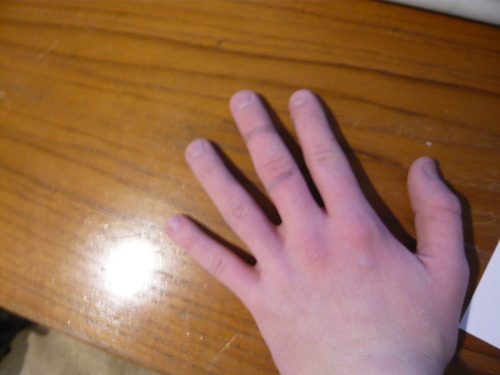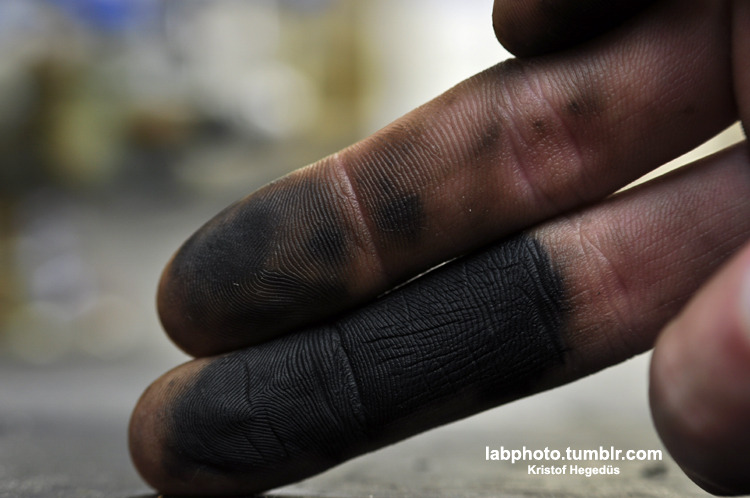Water isn't good for washing off bromine from skin because the solubility is too low. You were lucky because you only had two small drops on your
skin. Washing with water won't prevent severe burns from forming if you spill a larger amount of bromine!
The best immediate help is washing with sodium thiosulfate solution. What also helps very well is washing with ethanol.
When I once spilled a little bromine on my skin and didn't have thiosulfate solution at hand, I grabbed the washing bottle with ethanol instead and
used it to rinse it off. There was no visible injury to my skin.
|












